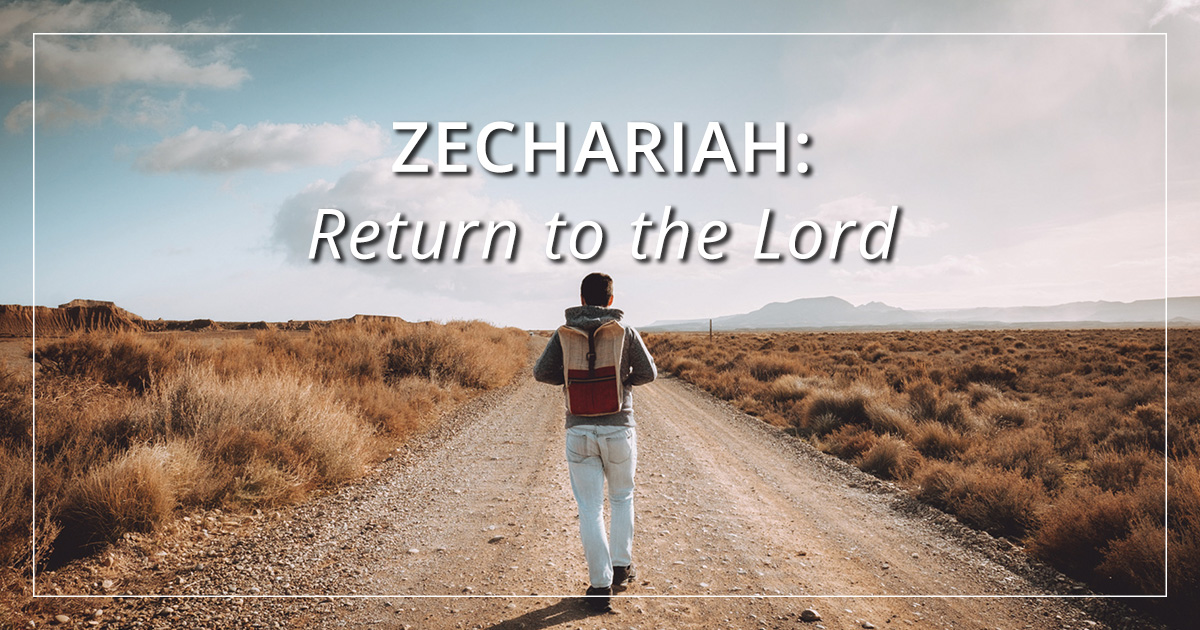

The Holy City | Practical Theology
- July 2019 Issue
Jerusalem is often called the "holy city." What makes this particular city so special? It is because God chose to make Jerusalem His city. In Deuteronomy 12:5 the Lord promised Moses that He would choose a "place" among the tribes of Israel "to put his Name there for his dwelling." This special place would become a center for worship, a place where God's people would bring their burnt offerings, sacrifices, and tithes.
Before the construction of the temple, the tabernacle was this chosen place. All throughout Israel’s journey in the wilderness, the tabernacle traveled with God’s people. Its location at the very center of the camp signified God’s continued presence with them. When Israel settled in Canaan, the tabernacle resided in a variety of locations, first at Gilgal and later at Shiloh (Josh. 4:19; 18:1). After the Philistines destroyed the tabernacle, the ark of the covenant was eventually brought to Jerusalem (2 Sam. 6:1–17).
David made plans to build a temple for the ark. The location for its construction, on the threshing floor of Araunah the Jebusite, was revealed to David by the angel of the Lord (2 Sam. 24:18). Many Bible scholars believe this mysterious figure was the Lord Jesus Christ. Considering this view, Jesus’ words to the woman of Samaria in John 4:21 seem especially significant. When she asked where people should worship God, Jesus replied, “Woman, believe me, a time is coming when you will worship the Father neither on this mountain nor in Jerusalem.”
Does this mean God has lost interest in Jerusalem? Not at all! The Bible says that after His second coming Jesus will reign in Jerusalem for a thousand years (Rev. 20:4–6).
When the new heavens and earth are created, New Jerusalem will also come down out of Heaven from God (Rev. 3:12; 21:12). Not only will this be a city fit for the King but also the city God has specially prepared for the saints. The New Jerusalem will not have a temple because it is where God Himself will dwell with His people. God’s people will be its temple (Rev. 21:22). It will be a city without death or tears (Rev. 21:3–4).
To learn about the New Jerusalem, read Answers to the Most Important Questions About the End Times by Dr. John Hart (Bethany House).




